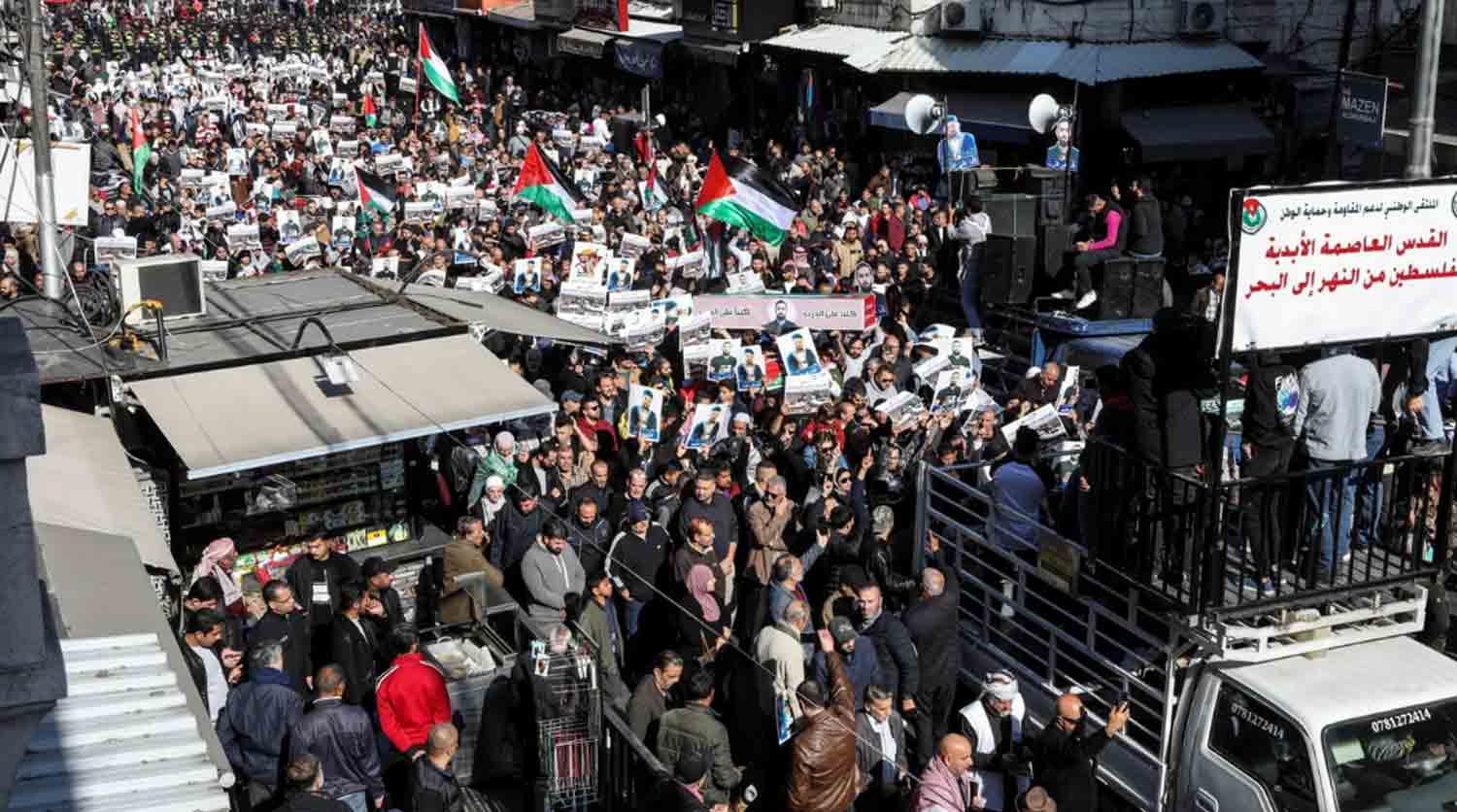Iran is open to providing the United States an opportunity to address ongoing disputes between the two nations, a senior Iranian official informed Reuters on Wednesday, following President Donald Trump’s reactivation of his “maximum pressure” strategy against Iran.
Previously, Iranian Foreign Minister Abbas Araqchi stated that the U.S. worries regarding Iran’s potential development of nuclear weapons are not overly complex and can be addressed, especially given Tehran’s stance against weapons of mass destruction.
“The clerical leadership is willing to give diplomacy with Trump another opportunity, but there are significant concerns in Tehran regarding Israel’s disruptive actions,” the official remarked. The official emphasized that if the U.S. is genuinely interested in negotiating with the Islamic Republic, it should “restrain Israel.”
On Wednesday, Trump expressed his preference for a verified nuclear peace agreement with Iran through a post on his Truth Social account.
The “maximum pressure” campaign aims to reduce Iran’s oil exports to zero to prevent the country from acquiring nuclear capabilities. However, Iranian President Masoud Pezeshkian minimized the effects of these sanctions on Iran.
“While America threatens new sanctions, Iran remains a strong and resource-rich nation capable of overcoming challenges through effective resource management,” Pezeshkian stated during a televised inauguration ceremony.
Tehran has consistently maintained that its nuclear program is solely for peaceful purposes and that it has no plans to develop nuclear weapons. However, following the significant weakening or dismantling of its regional allies since the onset of the Hamas-Israel conflict in Gaza in October 2023, coupled with growing dissatisfaction among Iranians regarding the economic situation, analysts suggest that the clerical regime may have limited alternatives other than negotiating with Trump.
The downfall of Bashar al-Assad in Syria in December, a key ally for Tehran, has critically undermined the “Axis of Resistance,” a coalition of regional armed factions and allied nations aimed at countering Israel and the United States while expanding Tehran’s influence across the Middle East. In 2018, former President Trump abandoned the 2015 nuclear agreement with global powers and reinstated sanctions that have devastated Iran’s economy. These stringent measures led Tehran to breach the nuclear limitations set by the agreement.
An official stated that while Tehran opposes any displacement of Gazans, discussions with the U.S. regarding other matters are distinct. This comment was in response to Trump’s suggestion that the U.S. would take control of war-torn Gaza and develop it into a “Riviera of the Middle East” after relocating Palestinians. The official emphasized, “Iran does not support the displacement of Palestinians and has conveyed this through various channels. Nonetheless, this issue and the negotiations surrounding Iran’s nuclear agreement are separate and should be addressed independently.”
Discover more from Defence Talks | Defense News Hub, Military Updates, Security Insights
Subscribe to get the latest posts sent to your email.





